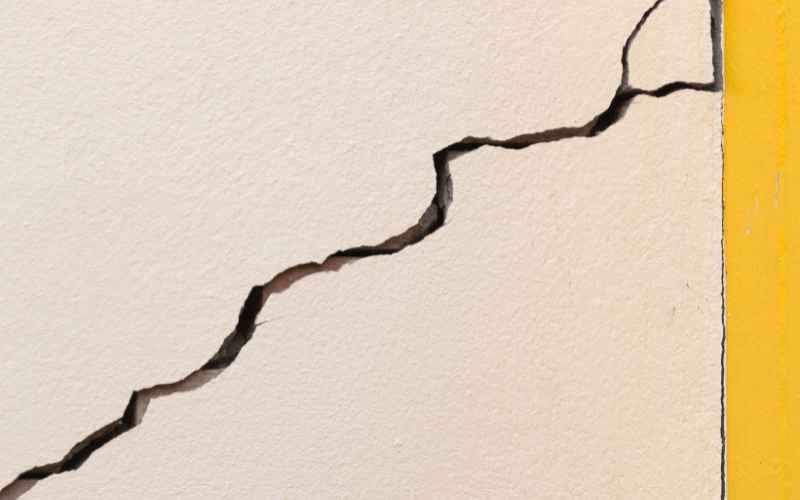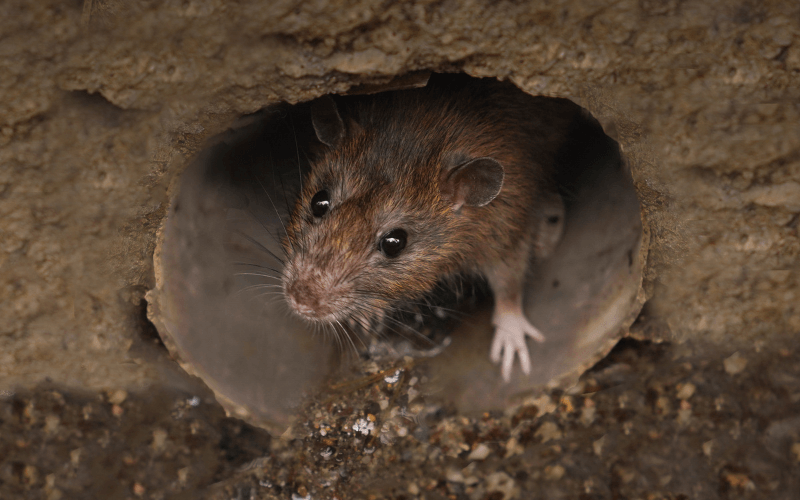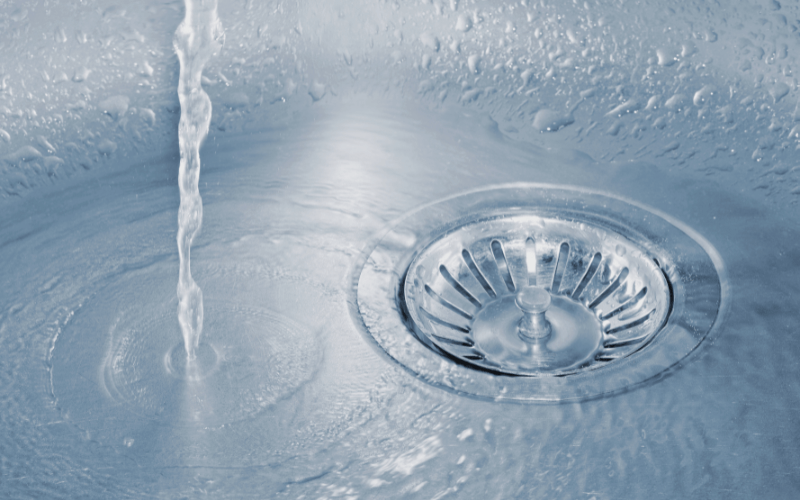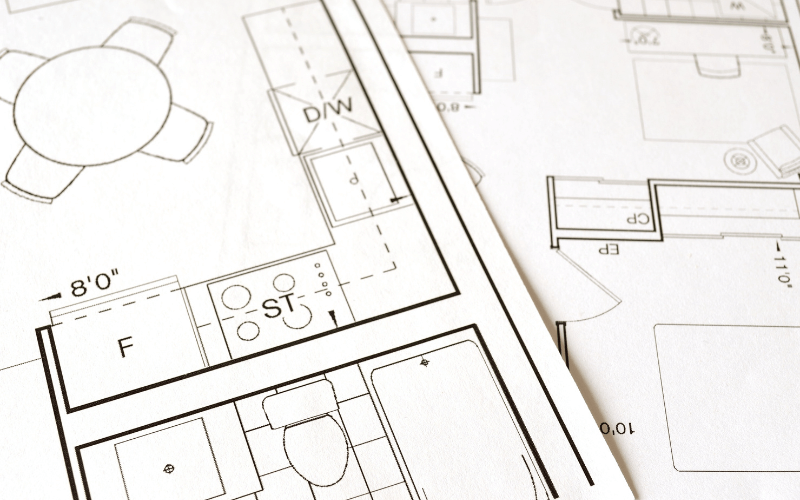If someone told you that there are enormous, subterranean monsters called fatbergs growing in UK sewers and wreaking havoc on the country’s wastewater management infrastructure, not to mention the environment, you might think they’d been watching too much Doctor Who. However, water and sewerage companies know all too well that monstrous fatbergs really do lurk in the sewers connecting your property’s drains to regional wastewater treatment plants, as they spend £100 million per year on removing them.
Fatbergs – giant, greasy blockages that can be hundreds of metres long and weigh well over 100 tonnes – have their origins in what some people pour and flush down domestic and commercial drains on a daily basis. But the good news is that everyone can play a role in winning the war against these sewer ‘monsters’, as we’ll explain.
A key reason why fatbergs have become a major ‘modern-day challenge’, in the Institution of Civil Engineers’ words, is that many people haven’t heard of them and don’t know why they develop. Indeed, research by the ICE has found that ‘nearly 40% of UK adults remain unaware of fatbergs’. As a result, a significant proportion of people are likely to be contributing to the formation of these deeply unpleasant obstructions without realising what a negative effect their actions are having.
What is a fatberg made from? A fatberg is a combination of cooking oil, fat and grease some people pour down sinks and the fibrous, absorbent items (wet wipes, kitchen roll, nappies, tampons, etc.) they flush down toilets. As Bristol and Bath drain unblocking experts, we know these nuisance substances and rogue items are major causes of blocked drains; the liquids congeal and wipes and other solids stick to them, creating mini fatbergs in your pipes that stop your wastewater flowing freely away from the building. (That’s why cooking oil and all the other culprits should be put in the bin instead.) If these nasties are carried by wastewater from your drains to the sewers, they may well help to create or enlarge vast sewer fatbergs that ‘can set as hard as concrete’, as ITV News points out, and are magnets for rats.
If your neighbourhood’s sewers get blocked by a fatberg, there’s a serious risk that raw sewage will escape, causing nasty backups in your property, flooding streets and gardens, polluting waterways and harming wildlife. That’s why the UK’s fatberg problem threatens communities – and why we all need to make a concerted effort to overcome it.
As you can imagine, getting rid of a massive, rock-hard fatberg is no easy task. When Channel 4 News investigated fatbergs, they discovered that water companies have three main ways of dislodging and removing these blockages from the pipes. They break up fatbergs with high-pressure water jets (a method similar to our highly effective drain jetting technique, which we use when unblocking drains) or shovels (if the sewer walls are particularly old), before employing suction hoses to remove the pieces. The process can take weeks to complete, plus it’s dangerous for the teams working in the sewers. Fatbergs can release toxic gases, so personal protective equipment and breathing apparatus must be worn. What’s more, if these awful blockages have weakened the pipes’ structure, whole sections of the sewer network will need to be replaced.
Once the fatberg chunks have been removed from the sewers they’re transported to specialist waste disposal sites. By heating and repeatedly filtering the pieces, it’s possible to separate the oil and grease from the rest and use it to create biodiesel. But that’s the only ray of light in a grim situation.
Fortunately, fatbergs can be prevented; they aren’t an inevitable consequence of modern life, the widespread consumption of fatty foods or prevalence of non-biodegradable products.
In fact, there are a couple of simple, practical steps you can take to ensure that you don’t end up adding to any fatbergs in your area:
We have more than 40 years of experience in swiftly, and successfully unblocking drains for businesses and homeowners, using drain jetting and other methods.
For commercial and domestic drain unblocking you can rely on in Bath, Bristol and beyond, call Mega-Rod today on 01225 422980.









